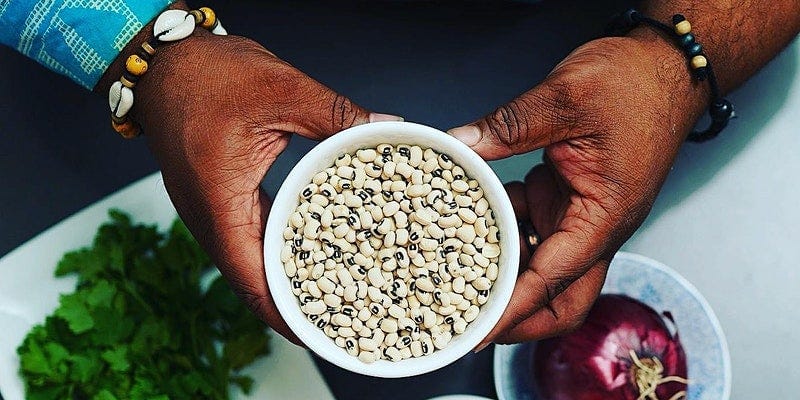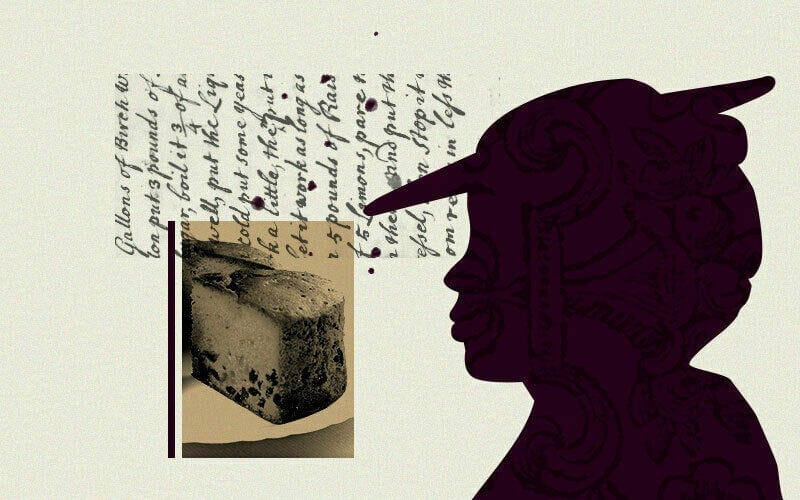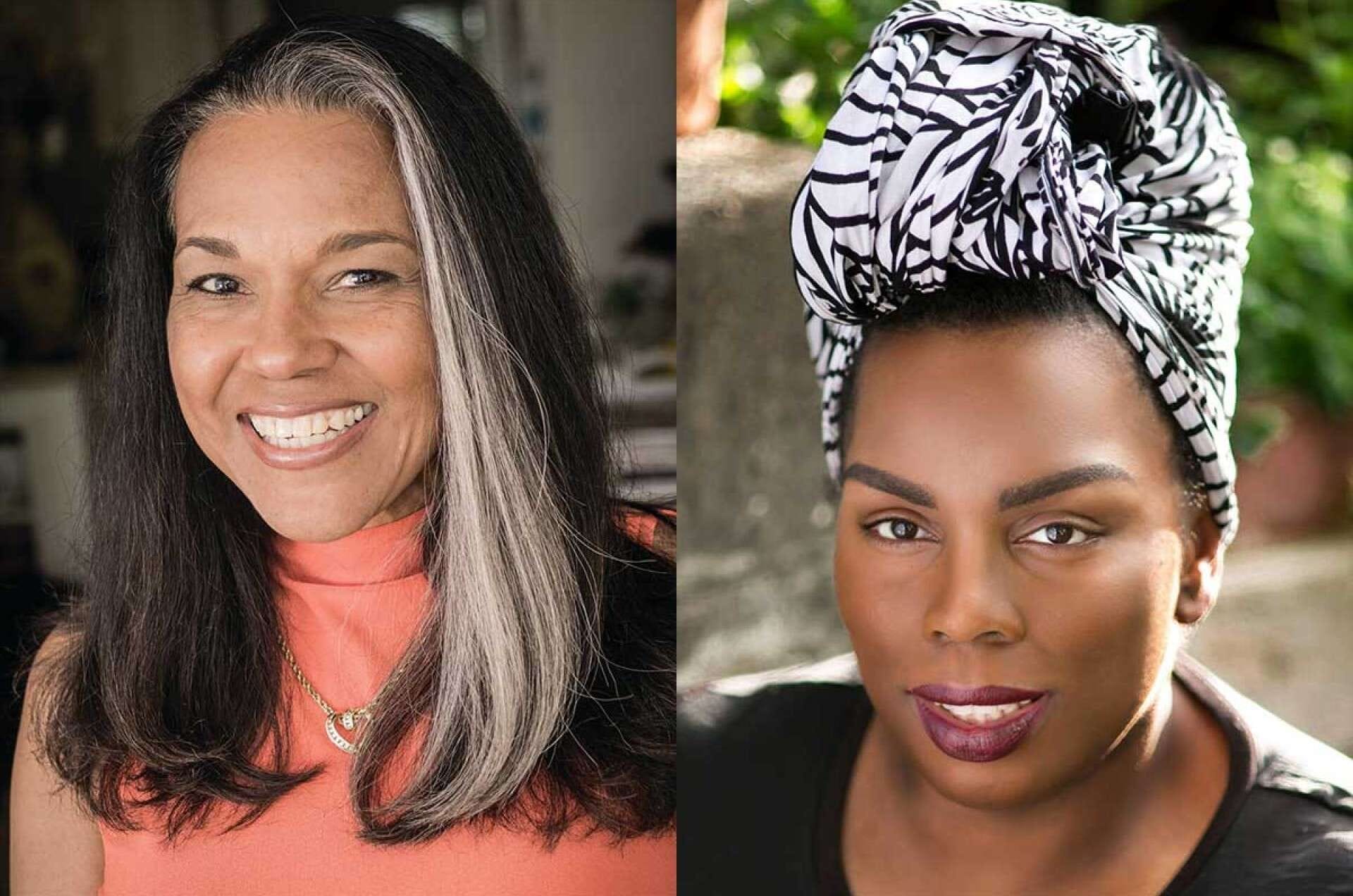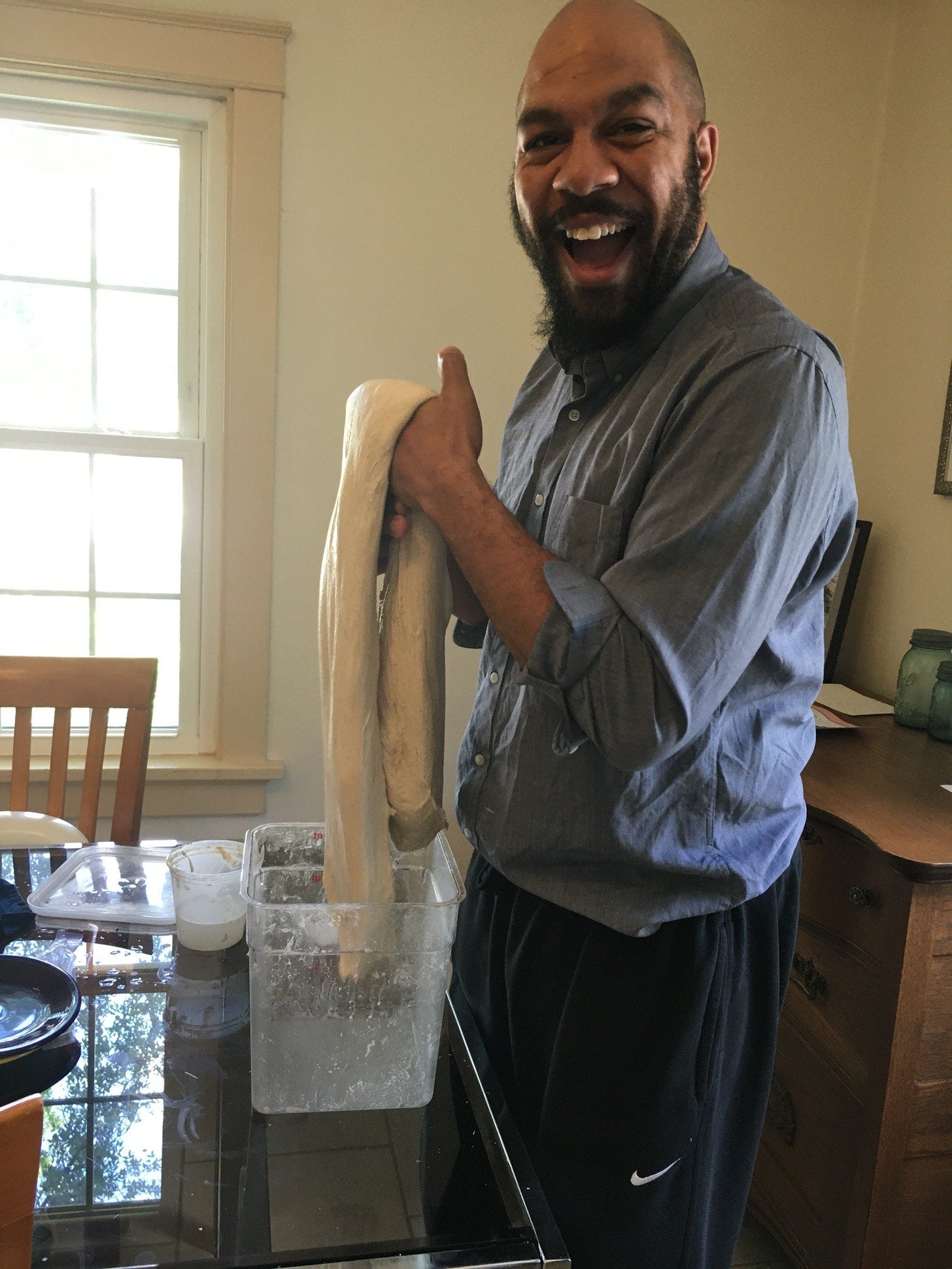Friday Bread Basket 3/5/21

Yes, I know, Black History Month was last month, and now we are onto Women’s History Month, but I think we can all agree that neither of these demographics should be relegated to just a single month of our attention. (Also, I’m just now realizing that it’s likely not a coincidence that Black History Month just happens to be the one with the fewest number of days in it.) Which is why this week’s Bread Basket is dedicated to Black bakers, bread and otherwise.
Shared Soul

I’m currently in the middle of a 3-week online workshop entitled Shared Soul: A Culinary Journey with Michael Twitty, a deep dive into the legacy and influence of slavery on the foods of the American South and beyond. It is a wonderful class, and—even though you’d have to watch the first two sessions as recordings rather than live—I highly recommend that you join it before it’s over. Twitty is an encyclopedia of knowledge on the subject of African and American foodways, history, botany, and beyond, holding forth for hours without notes or a net, and it is an amazing thing to behold. And he is hilarious, to boot. I can’t remember the last time I was entertained and educated so thoroughly at the same time.
Twitty is a national treasure and I’m sure someday everyone will know that fact. For a little taste of his genius, you can watch the episode of Padma Lakshmi’s Taste the Nation in which he teaches her to make red rice:
Duchess Quamino

Near the end of week 1 of the class, Michael mentioned a formerly enslaved woman from Newport, Rhode Island named Duchess “Charity” Quamino—aka the “Pastry Queen of Rhode Island”—who was famous for her baked goods both before and after she gained freedom. She was a cook for William Channing, the attorney general of Rhode Island, and was such a good baker that she was able to somehow run a catering business on the side while still being enslaved. Her specialty was a frosted plum cake, which she may have even made for George Washington on one of his visits to Newport. After gaining her freedom in 1780—it’s not clear how she did so, exactly, though some accounts suggest she purchased it using the proceeds from her catering business—she continued to support herself and her family through her baking.
It’s thought that Quamino was originally from Ghana’s “Gold Coast.” In Twitty’s talks, he mentions that the Portuguese brought European baking traditions to the African ports they established to support the slave trade, and it’s possible that that is where Quamino first learned to bake in the style of her future masters.
-> How a West African Woman Became the ‘Pastry Queen’ of Colonial Rhode Island, by Nneka M. Okona
Toni Tipton-Martin in conversation with Adrian Lipscombe

King Arthur Baking recently brought together Toni Tipton-Martin—the new EIC of Cook’s Country magazine, and Beard-winning author of the books The Jemima Code and Jubilee—and Adrian Lipscombe—owner of Uptowne Café & Bakery in Wisconsin and the founder of the 40 Acres & a Mule Project—to talk about the past, present and future of black baking in America. It’s a great conversation, lots of food for thought.
-> The past, present, and future of Black baking
Mo Cheeks’ Bread and Justice

Former Madison, WI city council member and mayoral candidate Mo Cheeks (@bakingmo) is one of the many people who turned to baking sourdough bread during the lockdown last year, but for Cheeks, the practice has had an extra special significance:
Baking sourdough seemed to be a popular pandemic hobby that people picked up during the early weeks of quarantining during the spread of the Coronavirus. This reality was made evident by the sudden shortages of flour in the grocery stores in March and April. As it happens, I actually started making bread just a little before COVID… but it was when my wife captured this picture of me this summer that I knew this hobby was actually my way of protecting myself against this pandemic of American racism.
In the beginning, baking was merely a hobby and a solace for Cheeks, but in the interim, it’s become a means to fight back against the racism that it was a response to. He joined the Bakers Against Racism drive last September, and raised nearly $1000 for the Bake the Vote campaign. Since then, he’s made more than 300 loaves for friends and neighbors, and has donated 100% of the proceeds to social justice and anti-racism causes. And he recently started a newsletter of his own, called Bread and Justice.
-> Mo Cheeks is baking for justice
-> Bread and Justice newsletter
Have a peaceful weekend, everyone, see ya all next week.
—Andrew





Member discussion